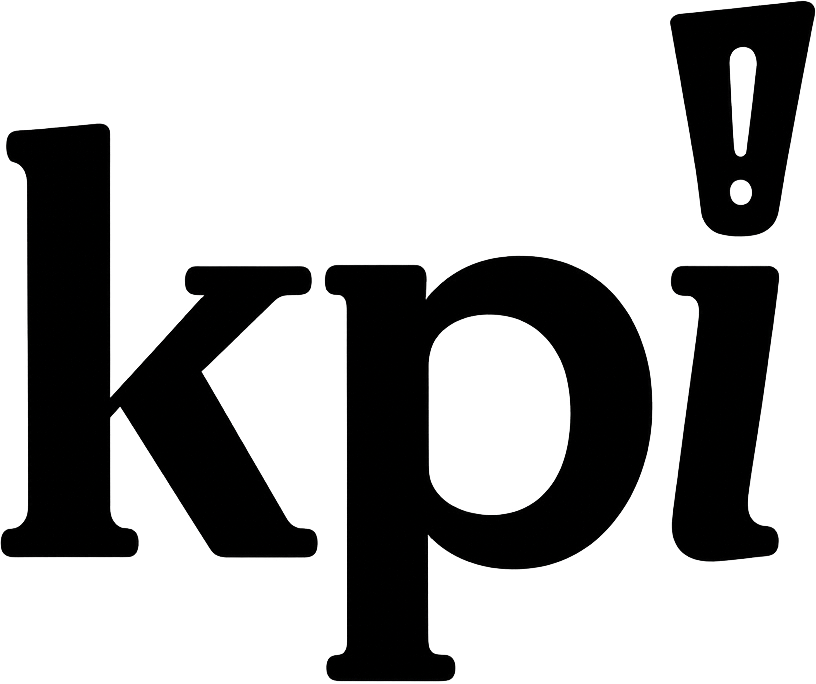The KPI Manifesto
KPI was born from an outrage ignited when a book of social importance by a world-leading authority was rejected on the grounds that the author lacked a social media platform. This outrage morphed into KPI’s manifesto, developed to fight against the institutions and infrastructures which enable such wrongs.
The publishing industry is dominated by six conglomerates Bertelsmann (Penguin Random House), News Corp (HarperCollins), Paramount Global (Simon & Schuster), Lagardère Group (Hachette) Holtzbrinck Publishing Group (Macmillan) and Informa (Taylor & Francis which includes Routledge, BIOS Scientific Publishers, CRC Press, Dove Medical Press, Earthscan, etc.)
A conglomerate has one overriding purpose: to generate profit to satisfy its shareholders. Hence, the editors of the conglomerate-owned publishing houses, are aware that their first priority is profit. With few exceptions, for the everyday editor of a publishing conglomerate, the deciding factor, when determining whether to publish a book, is ‘profit’.
Why the reliance on social media for editorial decision making? The size of a social media platform is how an editor decides if a book will be profitable because the publisher equates platform size with sale size. Consequently:
the author’s credential, even if they are a ‘world authority’, is irrelevant,
the content of the book, however important the topic, is irrelevant, and
the audience for the book, however large the potential, is reduced to the author’s fan base.
By focusing sales and marketing on the author’s pre-existing fan base, no funds need to be spent on targeting a broader, new audience. If publishers are being pushed by the conglomerates to restrict their marketing efforts to pre-built echo chambers, how can such a model hope to bring books of social importance to the audiences which need them?
Although this mostly applies to non-fiction, it does reveal a truth. Conglomerates primarily pursue profit, whereas the Arts, including publishing, primarily pursues passion. The publishing world, as managed by the conglomerates, is becoming a passionless money-making enterprise. KPI’s manifesto is to promote passion over profit.
Where can passion be found? Independent Publishers.
Independent publishers are the flag bearers of passion over profit. They labour to publish the books they love. In 2024, every title on the International Booker Prize shortlist was published by an independent press. Across fiction, poetry, and translation, independent publishers are where the most original and urgent works emerge. But they are under immense pressure.
Budgets are stretched. Teams are small. Distribution is limited. The books are there; the readers are there. But the independent publishers who connect the two are struggling. Even worse, the rare profitable independent publisher is an immediate target for takeover by a conglomerate.
KPI’s mission is to keep publishing independent by aiding independent publishers with financial and/or other assistance on:
Specific publications;
Infrastructure support;
Almost anything that helps keep them realising their passion.
KPI also has a mission to support its own not for profit publishing subsidiary, Extraordinary Books (EB). The goal for EB is to challenge the norms of publishing, particularly re-establishing direct links between authors and publisher and between readers and publisher. How?
By allowing authors to submit their work directly to EB, without need of an agent/introducer/gatekeeper.
By allowing readers to be members of the EB editorial collective which assesses the submissions
Other disruptive features include:
A 50/50 profit share to signal a partnership rather than a supplier/client contract between EB and author
All books treated equally when allocating funds for marketing and PR to signal no favouritism

